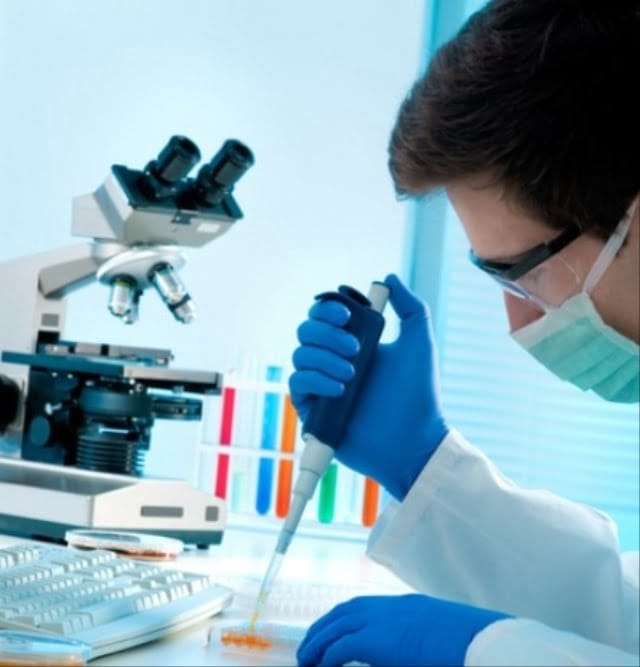Laboratory services, also known as lab services, play a crucial role in various scientific and medical fields. These services involve the use of state-of-the-art equipment, methodologies, and expertise to conduct a wide range of tests, experiments, and analyses. They are essential for research, diagnostics, and treatment in fields such as medicine, environmental science, forensic science, and more.
The purpose of laboratory services is to provide accurate and reliable data that can be used to inform decision-making and improve outcomes in these fields. Lab services are integral to advancing scientific knowledge, as they enable researchers and scientists to conduct experiments and analyze data in a controlled and precise manner. They help uncover new discoveries, test hypotheses, and validate or refute previous findings.
In the field of medicine, lab services are critical for diagnostics and treatment. Clinical laboratory services, for example, involve analyzing patient samples such as blood, urine, and tissues to identify diseases, monitor the effectiveness of treatments, and guide patient care. These services aid in diagnosing conditions like diabetes, cancer, infections, and various organ dysfunctions. By providing accurate and timely test results, lab services contribute to improved patient outcomes and more efficient healthcare delivery.
Another type of laboratory service is environmental laboratory testing. Environmental labs analyze samples from air, water, soil, and other sources to assess environmental quality and identify potential hazards. This helps in monitoring pollution levels, understanding the impact of human activities on the environment, and developing strategies for environmental remediation and protection. For instance, environmental lab services may test water samples from a river for contaminants to ensure safe drinking water for local communities.
Forensic laboratory services are yet another crucial aspect of lab services. They are employed in the investigation of crimes and legal proceedings. Forensic labs analyze DNA, fingerprints, ballistics, and other evidence to determine the links between suspects, victims, and crimes. This helps uncover the truth, aid in criminal investigations, support legal proceedings, and ensure justice for all parties involved. For example, DNA analysis performed in forensic labs has revolutionized criminal investigations and led to the successful identification and conviction of offenders.
By providing accurate and reliable data, laboratory services serve as the backbone of evidence-based decision-making in various fields. They contribute to the development of innovative treatments, improved public health strategies, and the identification and mitigation of potential risks. The significance of lab services cannot be overstated, as they inform policy-making, shape medical guidelines, and ensure public safety.
However, there are also challenges and limitations associated with laboratory services. One challenge is the need for stringent quality control and adherence to standardized procedures to ensure the accuracy and reproducibility of results. Equipment calibration, staff training, and rigorous quality assurance programs are necessary to avoid errors and maintain the integrity of data. Another challenge is the potential for sample contamination, which could lead to inaccurate results. Laboratories must strictly implement proper sample collection, handling, and storage protocols to mitigate this risk.
Emerging trends and technologies are shaping the future of laboratory services. Automation, robotics, and artificial intelligence are revolutionizing lab workflows, enabling high-throughput testing, and improving efficiency. For instance, robotic systems can perform repetitive tasks, freeing up human staff to focus on complex analyses and interpretation of results. Furthermore, the advent of precision medicine and personalized diagnostics is driving the demand for specialized laboratory services tailored to individual patients’ needs.
In conclusion, laboratory services are of paramount importance in the scientific and medical fields. Their purpose is to provide accurate and reliable data for research, diagnostics, and treatment. Clinical, environmental, and forensic laboratory services each have specific functions and contribute to advancing scientific knowledge, improving patient outcomes, and ensuring public safety. Although there are challenges and limitations, emerging trends and technologies are shaping the future of laboratory services, paving the way for more precise and personalized approaches. With continued advancements and the utilization of laboratory services, the boundaries of scientific discovery and medical achievements can be continually expanded.
Better Health Care is Our Mission
Same Day Appointments are Available.

